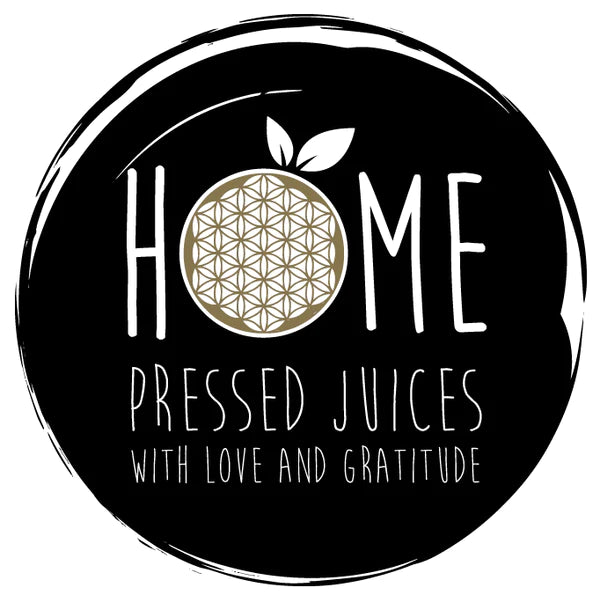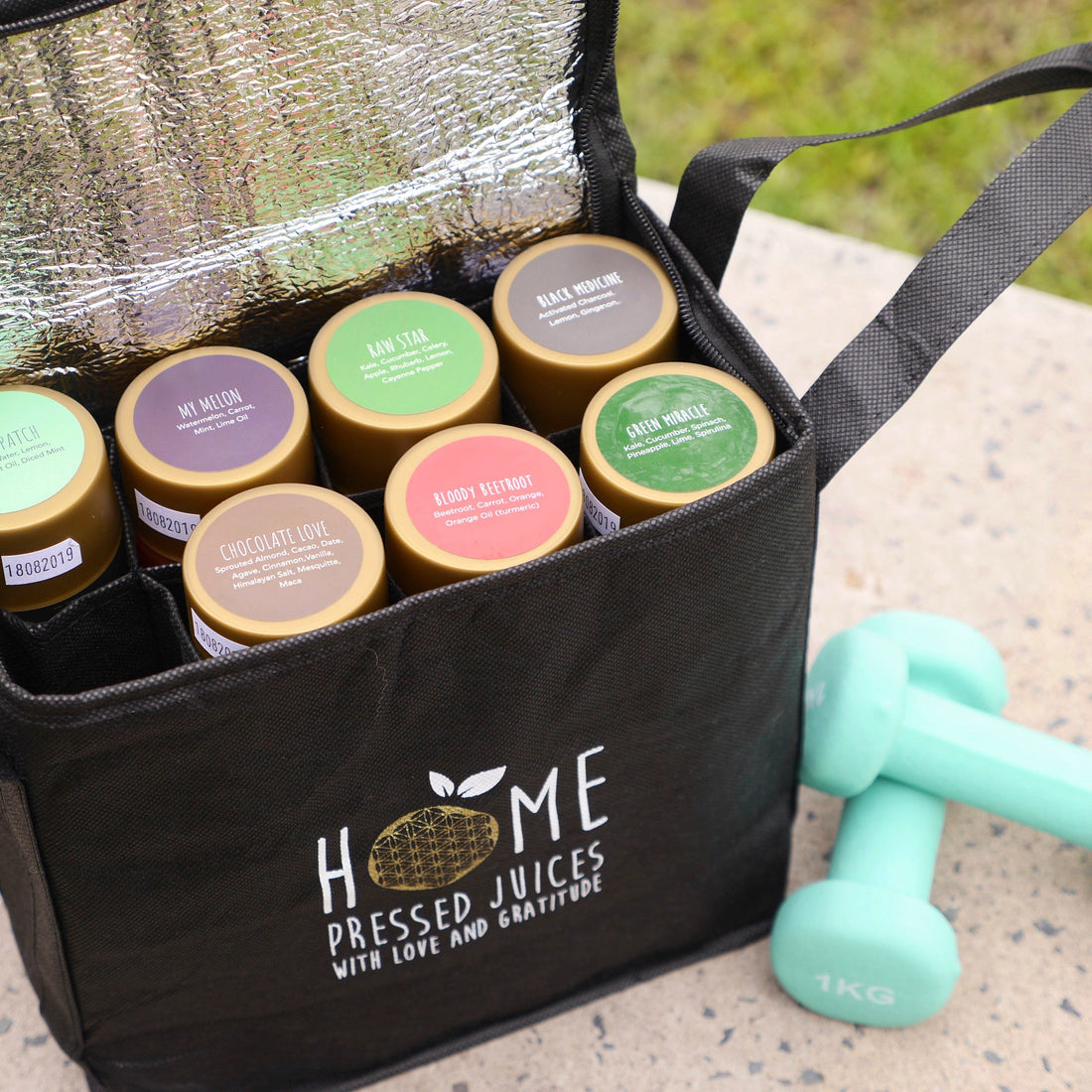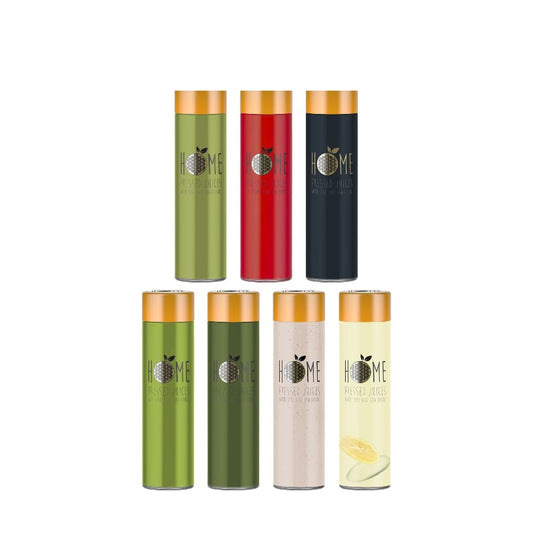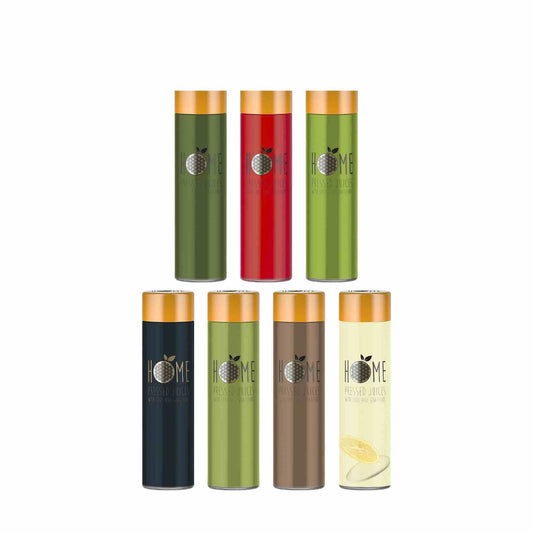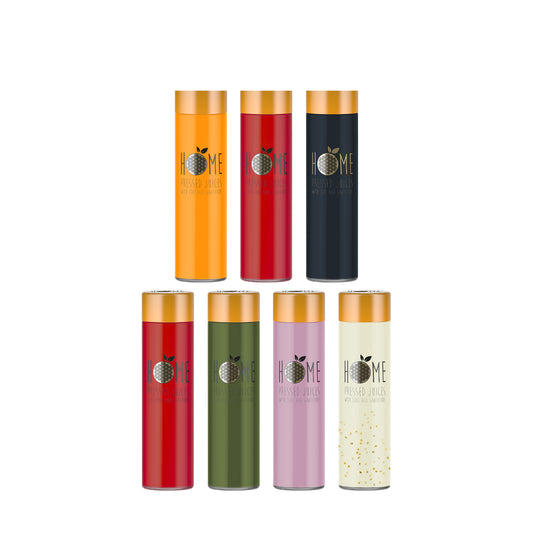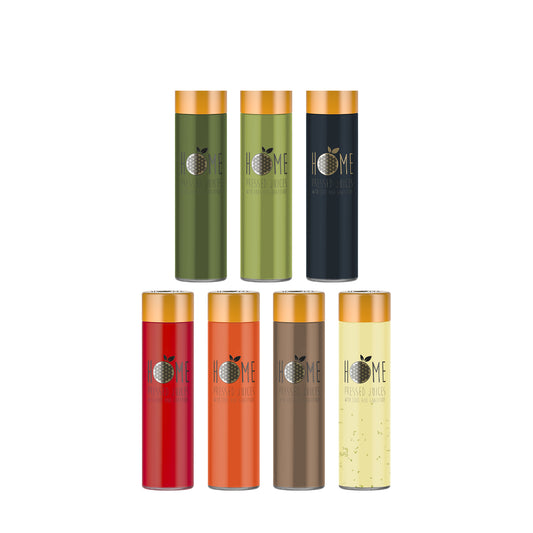We’re pretty sure that either you or some of your customers have asked the age-old question, “What is cold-pressed juice?” Making cold-pressed juice is a simple, yet fascinating process that creates a nutrient-dense, delicious, healthy juice. In October of 2018, Yahoo Finance stated that the cold-pressed juice market will top $8.1 Billion by 2024. With the increase of cold-pressed juice, we think now is a great time to explain what it is and how it’s made.
Health Benefits of Cold-Pressed Juice
When making cold-pressed juice, fresh fruits and vegetables are placed into a hydraulic or pneumatic (air cylinder powered) press that applies pressure to the produce to extract the maximum amount of juice from the flesh. This method preserves the integrity of the juice, leaving it packed full with its original nutrients. Cold-pressed juice is known for its health benefits including:
- Boosting the body’s immune system with vitamin C
- Lowering cholesterol
- Promoting weight loss
- Increasing energy
- Anti-inflammatory
- Improving vision and eye health
- Protecting against disease
- Improving skin imperfections
- Assisting in body detox
Method & Equipment
We like to compare the juicing process to a nice produce massage – we like to say that happy juice comes from happy fruit! In the cold-press juicing process, no heat is used to extract the juice, meaning there is no loss in nutrients, enzymes, or vitamins in the raw juice.
There are several different types of juicers that can be used to make raw juice, but only a real juice press can make real cold-pressed juice. Each type of juicer comes with their own benefits and considerations – to learn more in-depth information about the different juicers on the market, read on below and also on our blog here.
- Centrifugal Juicer
This juicer moves the produce towards a mesh chamber with sharp teeth and a moving blade that extracts the juice at around 6,000-14,000 RPM. This is one of the most common household juicers on the market. It provides consumers with a quick, easy juice that is made for instant consumption. The juice that is made from a centrifugal juicer tends to separate quickly since it includes a decent amount of pulp and flesh. - Masticating Juicer (Slow Juicer)
The fruits and veggies are pushed through a chute and are slowly squeezed at 80-100 RPM. The juice from a masticating juicer tends to separate more slowly than the juice made from a centrifugal juicer, but still much faster than a real cold-press. These juicers are also ideal for consumers or those who are planning to make juice that is intended to be served immediately. - Twin-Gear Juicer
Similar to the other juicers, twin-gear juicers slowly extract juice from produce at 80-120 RPM with less heat and oxidation than centrifugal. - Hydraulic (or Pneumatic) Juice Press
A real juice press is the best juicer on the market for creating true cold-pressed juice. This press creates the most amount of juice with around 99% liquid and less than 1% pulp. It also makes juice with the longest shelf life (around 3-5 days) due to its minimal heat and oxidation.
Shelf Life
We are frequently asked about the shelf life of cold-pressed juice once it has been bottled. The truth is, there are many factors that influence the shelf life of cold-pressed juice. By “shelf life” we are referring to color and taste – we make no claim of the health or safety*. There are shelf life laws that vary by region, make sure to follow your area’s government guidelines. Here are some tips for getting the most out of your cold-pressed juice shelf life:
- Use Quality Produce
Purchasing produce from a trusted source and making sure it’s as fresh as possible will benefit your shelf life. Avoid using rotting, oxidized, or pre-chopped produce in your juice – this will decrease your self life and has the possibility of affecting your final outcome. - Keep an Eye on Temperature
If you want your cold-pressed juice to remain high-quality, keeping your product cold throughout the entire juicing process is extremely important. The FDA recommends at or below 41° F (5° C). This also includes keeping an eye on the temperature during transportation, especially if you are a wholesale distributor. - Acidity
Juices that contain higher acidity will tend to last longer than those with low acidity. When forming recipes for your juice, we generally recommend adding acidic fruits to your recipes when possible to improve shelf life. - Equipment
A quality juice press gives you the benefit of creating cold-pressed juice that has a much longer shelf life than those made with other juicers. Other juicing equipment use various methods to extract the juice from the produce. If the produce is not pressed properly, this may cause your juice to separate and spoil much quicker.
For in-depth info on shelf-life, check out our article- Understanding Shelf Life of Cold-Pressed Juice.
High-Pressure Processing
When making raw cold-pressed juice, the shelf life is around three to five days. To extend the shelf life of juice, high-pressure processing is a common practice that is used. This pasteurization method kills at least 99.999% of the microorganisms that are found in juice. Here’s a quick overview of the process:
- Cold-pressed juice is made in a juice press and bottled in plastic bottles.
- The plastic bottles are placed into a chamber that fills with water and pressurizes the bottles to 58,000 PSI.
- The pressure maintains for several minutes then releases.
- Bottles are removed and now have a shelf life of 30-45 days.
Just like that, the juice that was placed into the chamber now has an extended shelf life. It is FDA law that cold-pressed juice must undergo a process similar to HPP or Pasteurization in order to be distributed wholesale.
If you’ve purchased cold-pressed juice from a grocery store, odds are it has undergone HPP, even if it doesn’t say so on the label (it is not required to list processing steps on a food label). If you are making juice and then selling the juice straight to the consumer, HPP is not required.
